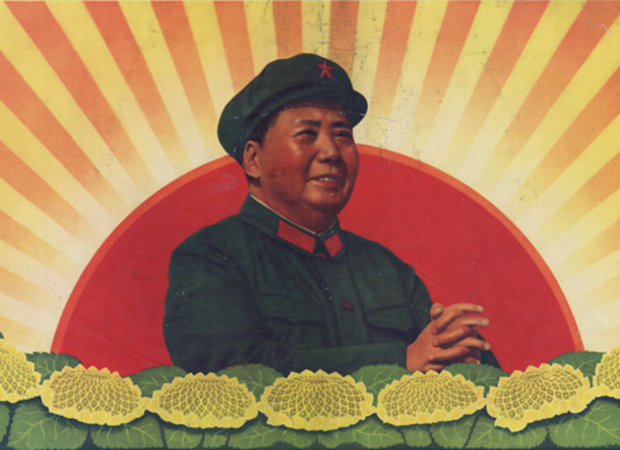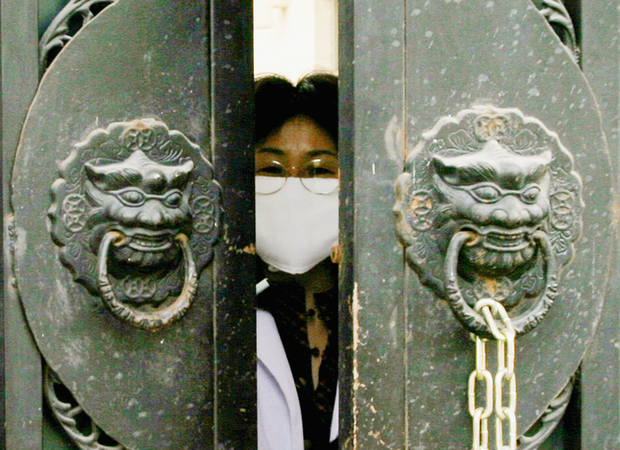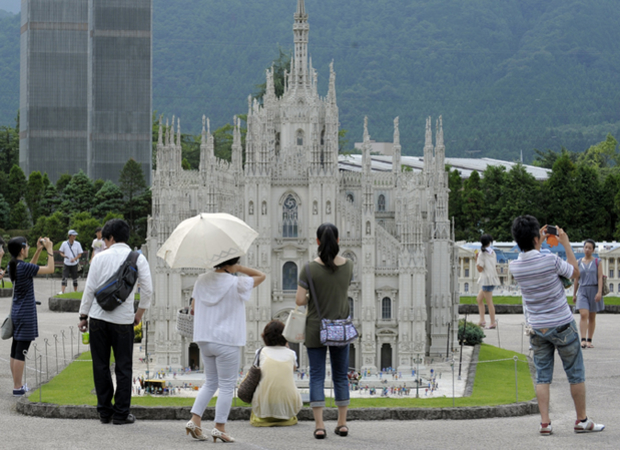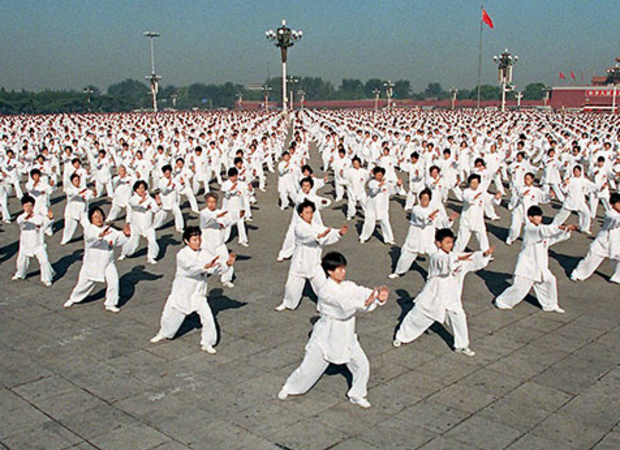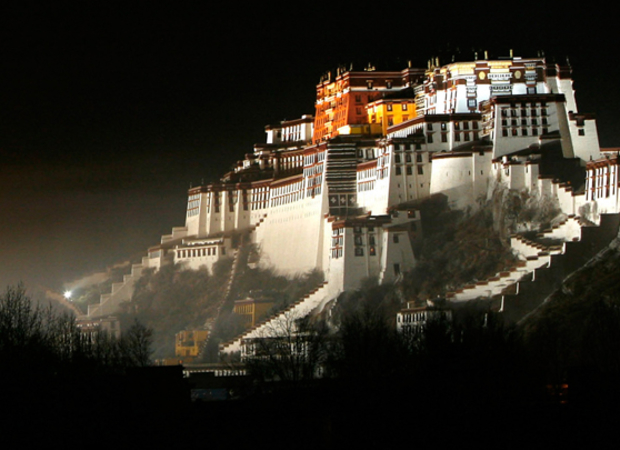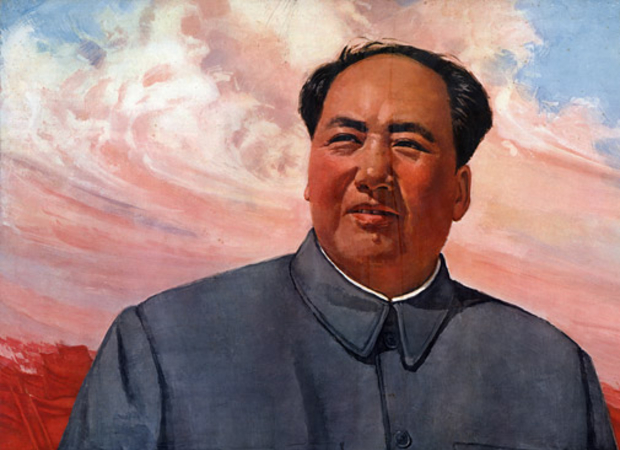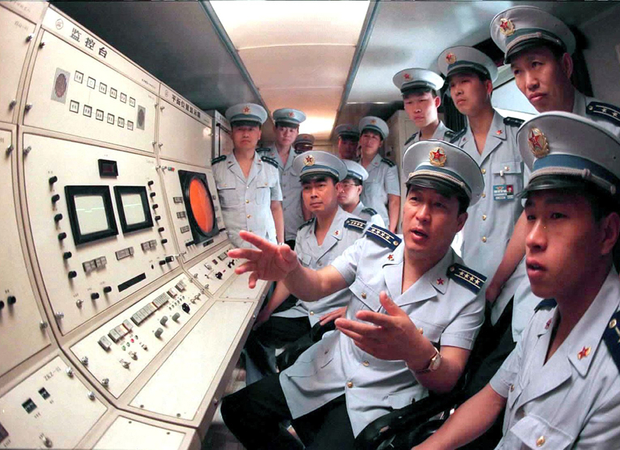Is China a Threat to the U.S. Economy?
The rise of China from a poor, stagnant country to a major economic power within a time span of only twenty-eight years is often described by analysts as one of the greatest economic success stories in modern times. From 1979 (when economic...




